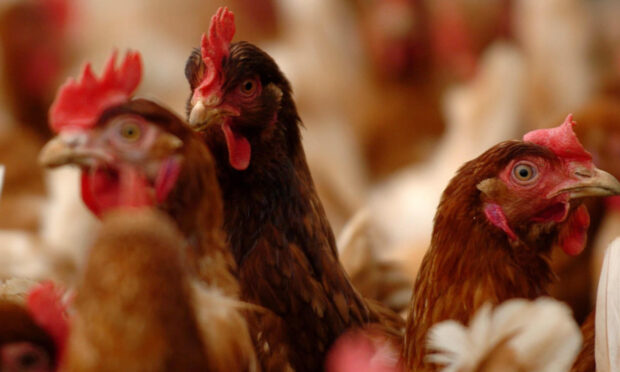More than 63,000 broiler hens will be culled in the Netherlands following the identification of bird flu at a poultry farm in Friesland.
Confirming the outbreak, the Dutch authorities said it was the country’s fourth case of avian influenza to date this winter.
Bird flu has spread across Europe in recent weeks, forcing some farmers to slaughter flocks or keep them indoors.
The threat has been taken particularly seriously in the Netherlands, which has one of the world’s largest poultry sectors, where high farm density can help the virus to propagate.
Although the Dutch authorities have not said which strain of H5 bird flu was found on the farm, it has imposed a ban on transporting all poultry materials, including eggs and straw, within a 10km radius of the affected area.
Almost a quarter of a million birds have been destroyed in the Netherlands during this year’s bird flu season.
Avian influenza is a highly contagious viral disease affecting the respiratory, digestive and/or nervous system of many species of birds.
It spreads from bird to bird by direct contact with infected body fluids, droppings and contaminated boots, clothing, equipment etc.
Reports of Avian Influenza H5N8 outbreaks in wild birds and poultry in Germany, Austria, Croatia, Denmark, Hungary, Netherlands, Poland and Switzerland have resulted in the risk level for Avian Influenza incursion to the UK via wild birds being raised from Low to Medium.
Reacting to the disease spread, Holyrood declared Scotland an Avian Influenza Prevention Zone, requiring farmers to keep all poultry and captive birds indoors for 30 days.
As yet, there have been no cases of the strain detected in the UK.
